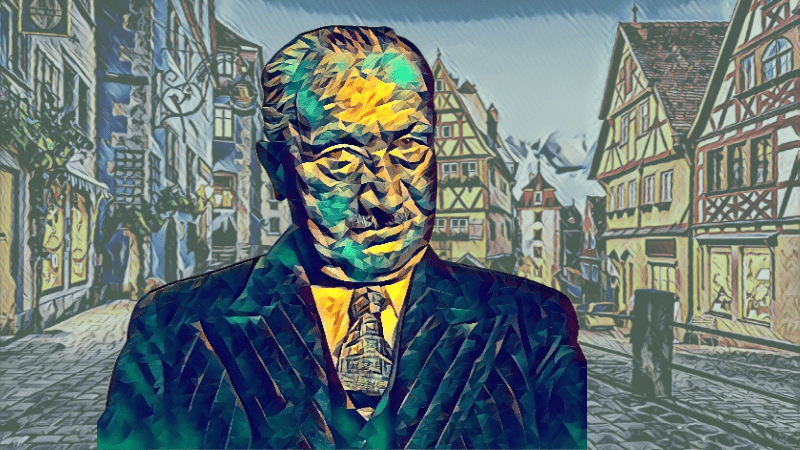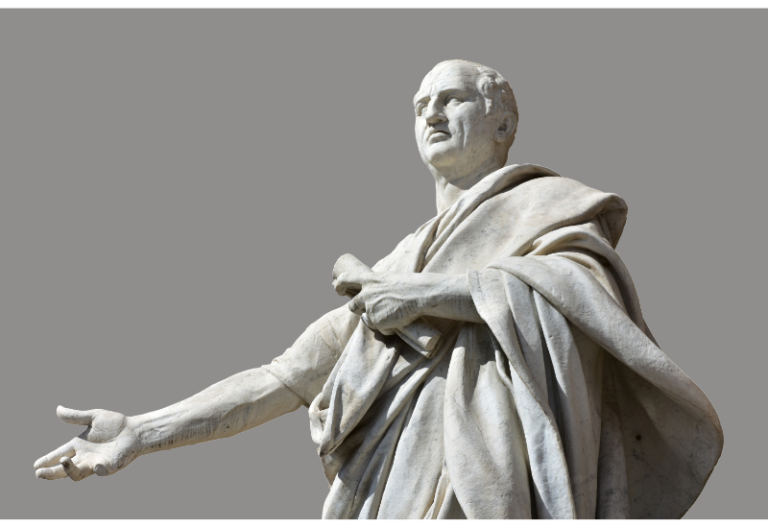Who Martin Heidegger was and what he did
Martin Heidegger was a German philosopher who is considered one of the most important thinkers of the 20th century. Although his thought is extremely complex, he is best known for his work on ontology and existentialism. In addition to his philosophical work, Heidegger was also involved in the politics of Nazism, which has led to much controversy over his legacy. Nevertheless, his work is still very influential and thought-provoking today.
Heidegger was born in rural Germany in 1889. He studied philosophy at the University of Freiburg, where he was influenced by Husserl's work on phenomenology. Heidegger began teaching at the university in 1915 and eventually rose to become the school's rector in 1933. During this time, he joined the Nazi party and gave a series of speeches in support of the regime.
After the end of World War II, Heidegger was banned from teaching because of his political involvement. He retired to his home, where he continued to write and reflect on philosophy until his death in 1976.
Heidegger's philosophical work is notoriously difficult to understand. Its centerpiece, however, is his idea of "being-in-the-world." What is meant by this is that human beings are always already embedded in a world of meaning and culture. We cannot step out of this world to observe it objectively; rather, we can only understand it from our particular perspective within it.
How did Heidegger die?
Heidegger died of pneumonia on May 26, 1976, at the age of 86. The illness had been aggravated by the fact that he had been a heavy smoker for most of his life. He was buried in his hometown of Messkirch, Germany. His funeral was attended by a small group of close family and friends, as well as a number of students and admirers.
The work of Heidegger
Heidegger's work has been highly influential in many different fields. His ideas about being-in-the-world have been especially important to thinkers in the field of existentialism. His work on technology has also been very influential for those concerned with the philosophy of technology. Overall, Heidegger is considered one of the most important and provocative thinkers of the 20th century.
This thought has proved to be extremely influential, especially in the field of existentialism. It has also led to Heidegger being accused of subjectivism and relativism. Nevertheless, his work remains a fascinating and challenging contribution to philosophy.
Was Heidegger an existentialist?
Heidegger's ideas about being-in-the-world have led many to consider him an existentialist thinker. However, Heidegger himself rejected this label. Instead, he preferred to think of his work as a form of ontology, or the doctrine of Being. Nevertheless, there are many similarities between Heidegger's thought and existentialism, and his work was very influential to existentialist thinkers.
What is the difference between being and essence?
Heidegger's work is primarily concerned with the question of being, or what it means to be. This is different from the exploration of Being, which refers to particular entities that exist in the world. For Heidegger, the question of being is more fundamental than the exploration of entities. This is because, for Heidegger, our understanding of beings is always already informed by our understanding of Being. In other words: We cannot understand what a particular being is without first understanding what it means to be.
Famous Heidegger Quotes
As you can imagine, there are a lot of quotes attributed to Martin Heidegger. Most of them are either from books he wrote or from other publications.
One of the most famous quotes are:
"Each person is born as many people and dies as one."
Martin Heidegger (Read the whole article here)
"Tell me how you read, and I'll tell you who you are."
Martin Heidegger
"Man pretends to be the designer and master of language, when in reality language remains the master of man. "
Martin Heidegger
"If I accept death into my life, acknowledge it and face it openly, I will free myself from the fear of death and the triviality of life - and only then will I be free to become myself. "
Martin Heidegger
"Everyone is everyone else and no one is themselves."
Martin Heidegger
"Those who think big thoughts often make big mistakes."
Martin Heidegger
"Man is not the master of beings, but the shepherd of being."
Martin Heidegger







